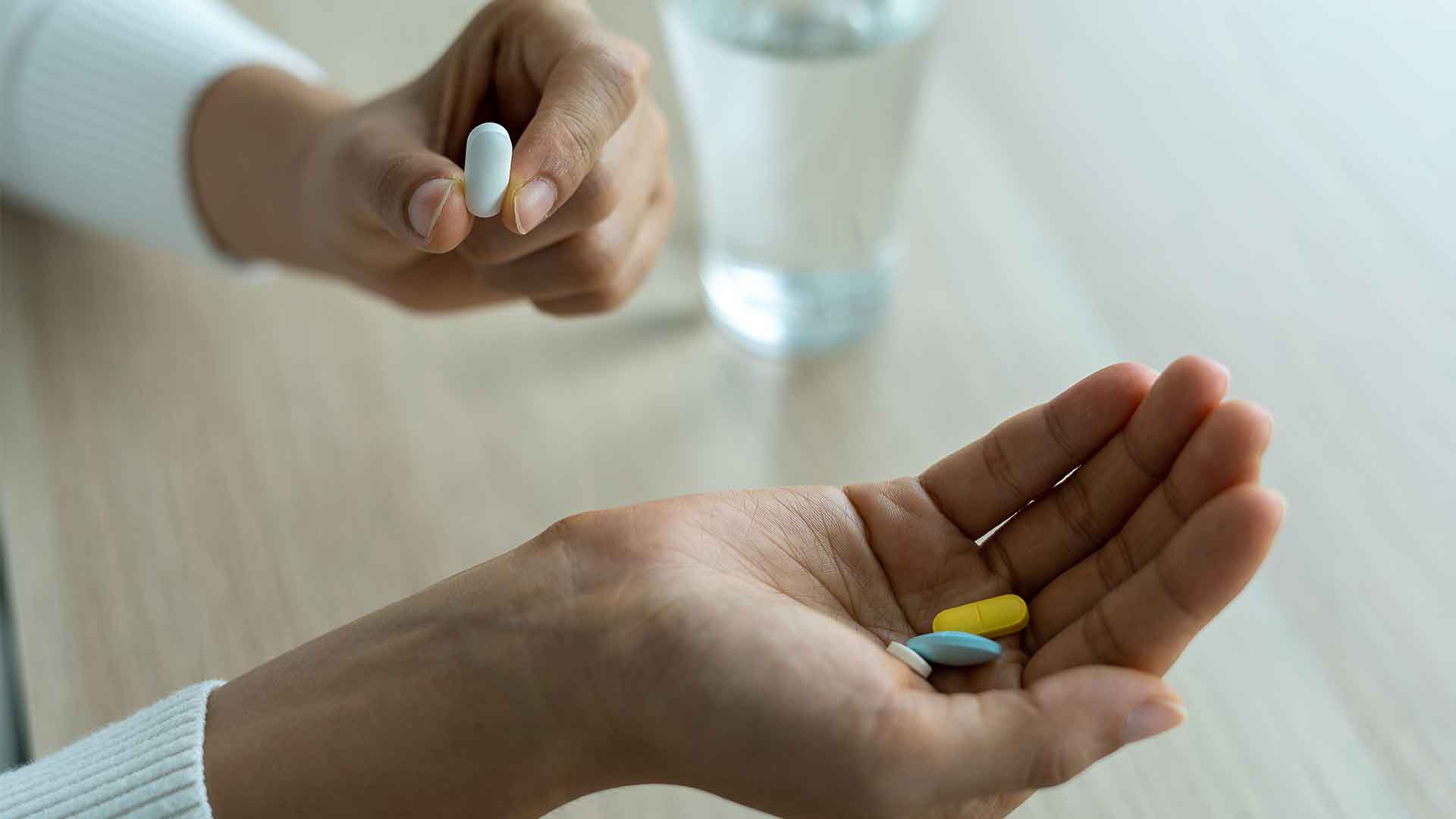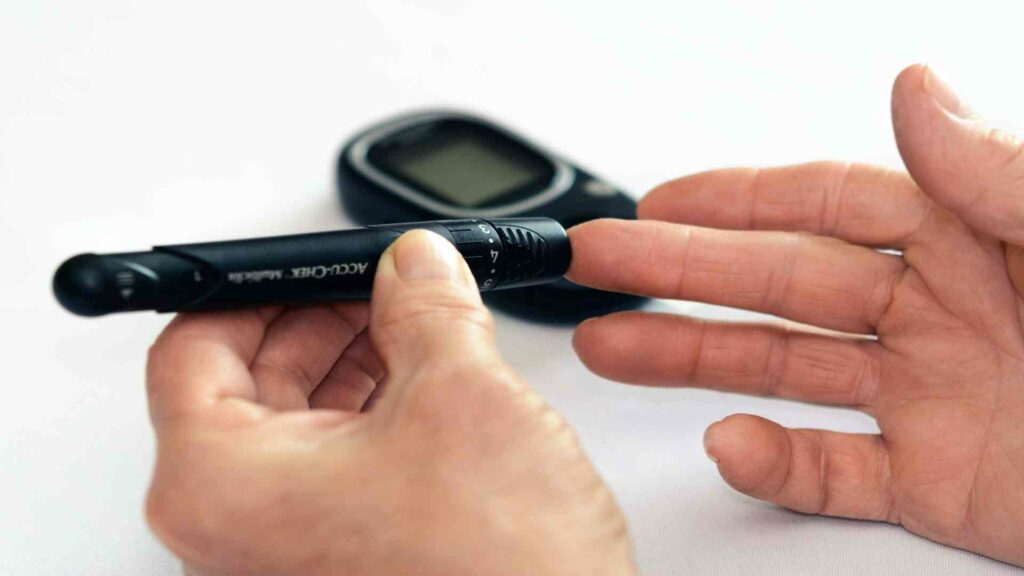Boron as Part of a Healthy Diet
Boron is an essential mineral in our daily diet. Boron is a trace mineral found in fruits and vegetables, nuts, legumes, and some meats. It is also found in drinking water with concentrations ranging from 0.1 to 0 mg/L. Boron is also applied to fertilizers for plants and as a bone-strengthening meal, making it an excellent source of Boron within the Human Diet. If you are showing signs of Boron deficiency, such as brittle fingernails. hair loss, muscle weakness, joint pain, and impaired immune function, supplements could be the solution to help restore you to good health. Boron is typically taken as borax, boric acid, or as a boron citrate supplement for those looking to include it in a regular diet.

Boron Minerals Nutrition
Minerals
Minerals are inorganic substances found in the soil and rocks essential for human health. They are significant components of bone and teeth. Besides keeping the body’s chemical reactions in balance, they also play a vital role in a robust immune system. The body needs a balanced supply of essential minerals to maintain a healthy diet. Minerals are usually obtained from the food we eat. Some are lost or eliminated during the digestive process, and others are unlikely to be provided in sufficient amounts by diet alone.
Boron Diet Benefits
Boron is an essential mineral for bone health and development. It also helps maintain hormone levels, such as estrogen and testosterone in men and women. It also supports bone strength, particularly in patients who also have osteoporosis. And it is helpful even in other conditions related to mineral deficiencies (including arthritis).
Boron mineral is a potential treatment for menopausal symptoms. These problems are often associated with low boron levels. It must be noted that Boron maintains bone strength by regulating vitamin D levels, which also controls the estrogen level.
Boron has a role in cell growth by stimulating DNA synthesis. It leads to increased production of proteins needed for cellular repair. Boron supports the body’s immune system by stimulating lymphocytes while strengthening white blood cells (WBCs).
Boron also supports brain function by improving short-term memory retention. This is attributable to its ability to stimulate nerve activity while inhibiting amyloid plaque formation on the nerves. These are usually from the spine into the brain region known as the hippocampus (where memories are formed). The overall effect is better neuronal communication through improved transmission via myelination. It is typically associated with Alzheimer’s disease patients who have experienced mineral deficiency.
There are indications that minerals such as Boron are helpful for certain types of cancer patients undergoing chemotherapy.
There are mixed results in research on how well the mineral works theoretically as a cancer therapy. However, there are positive reports that it may help reduce side effects from chemotherapy by fighting inflammation.
Symptoms of Boron Deficiency
The most common symptoms of boron mineral deprivation are brittle fingernails. hair loss, muscle weakness (including cramps), joint pain, and impaired immune function.
Other symptoms include sensitivity to cold, neurological problems such as depression, and reduced mental function. Occasionally, boron deficiency manifests as dry skin, bone pain, poor muscle tone, and lowering blood calcium levels.
How Does One Get Enough Boron?
One way to consume enough Boron is to have lots of fruits and vegetables. Specifically, consider taking dark green leafy vegetables because they contain high minerals, including magnesium and Boron. Fruits like avocado, pears, bananas, and apples are rich in Boron. Other sources include nuts (especially almonds), legumes, whole grains (especially oats), and raisins. Even coffee has a tiny amount of Boron. Peanut butter is also considered very rich in Boron. The best sources for boron mineral content in humans include:
- Green leafy vegetables such as spinach, kale, and broccoli.
- Nuts such as almonds.
- Apples with their skin contain many minerals, including potassium, magnesium, iron, calcium, and fiber.
- Dried fruit- especially raisins, which have higher levels of Boron than fresh grapefruit juice.
Should One Take Boron Supplements?
Taking mineral supplements that include Boron is a good option. It is vital to ensure an adequate boron intake before any signs or symptoms manifest. Taking mineral supplements for Boron is advised because mineral deficiency can lead to many health problems. Due to its ability to stimulate lymphocytes while strengthening white blood cells (WBCs), boron mineral supports the body’s immune system.
A recent study by researchers at Harvard University Medical School found that borax helps support brain health and function. The research team discovered that borax is beneficial for preventing dementia and memory loss. The team also included new findings on neurodegenerative disorders such as Parkinson’s disease.
Boron is also vital because deficiencies can lead to several problems, such as decreased immune response. Deficiencies can lead to myelination issues that relate to dementia like Alzheimer’s Disease.
How do Boron Supplements Help?
Boron supplements help in preventing diseases. Borates may help regulate the body’s natural levels of other essential minerals such as magnesium, copper, zinc, or calcium. These mineral supplements could help treat Parkinson’s Disease.
Those who have issues with memory loss from dementia-related diseases like AD, may also consider taking supplements with borax. It can often work wonders in improving your health overall when taken regularly.
Conclusion
The best way to maintain a healthy diet is by eating foods rich in essential vitamins and minerals every day. These mineral-rich vegetables and fruits are necessary for the body to function correctly. Consume them through natural foods or take supplements to avoid mineral deficiency.
The recommended daily intake of minerals should not be exceeded. While many people follow guidelines via a healthy balanced diet, deficiency can still be seen in many societies. A sensible duet with optional multivitamins is advised.





